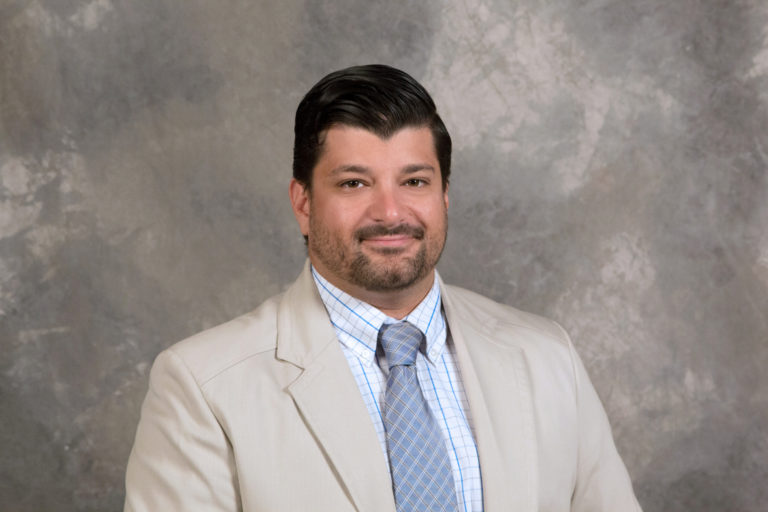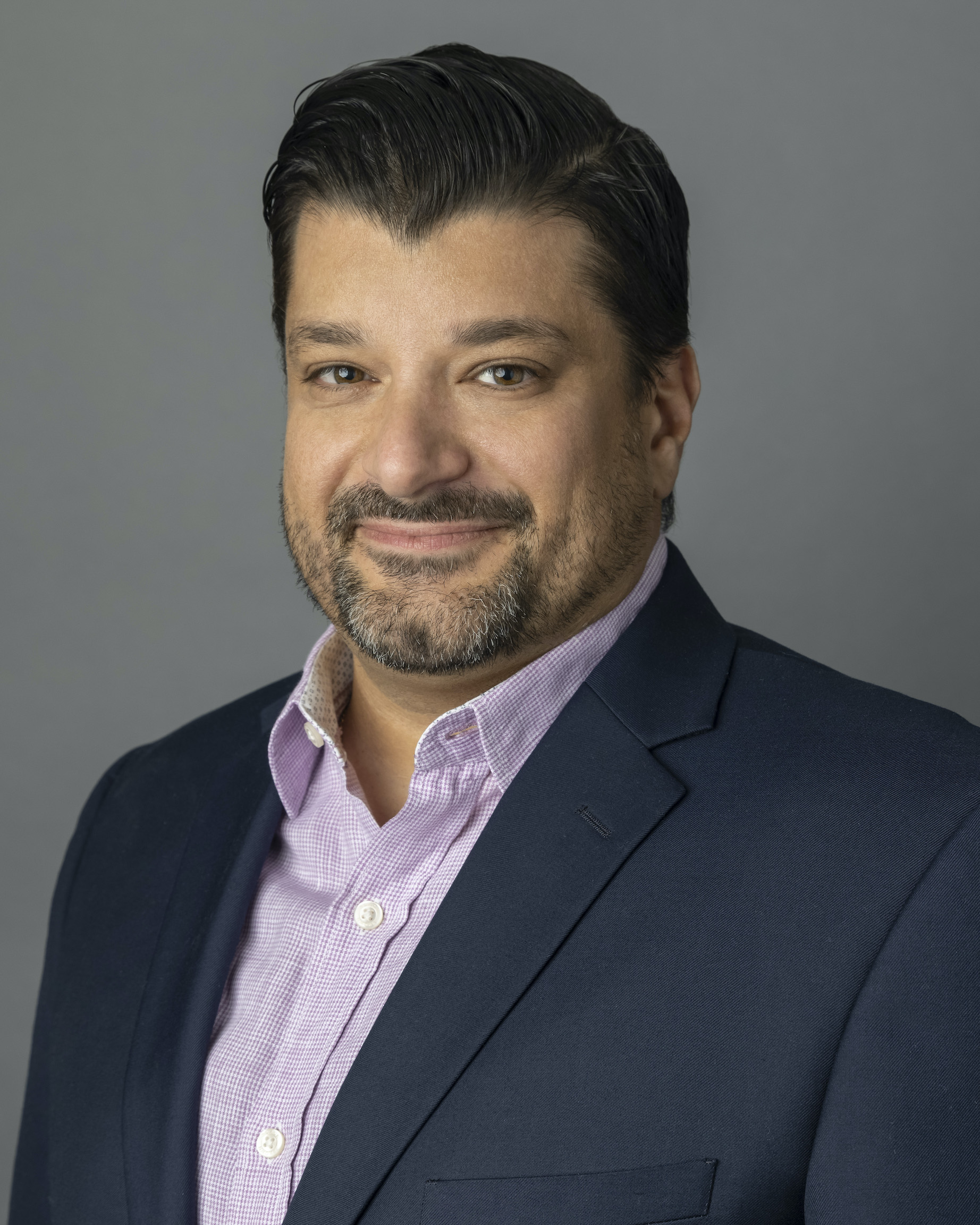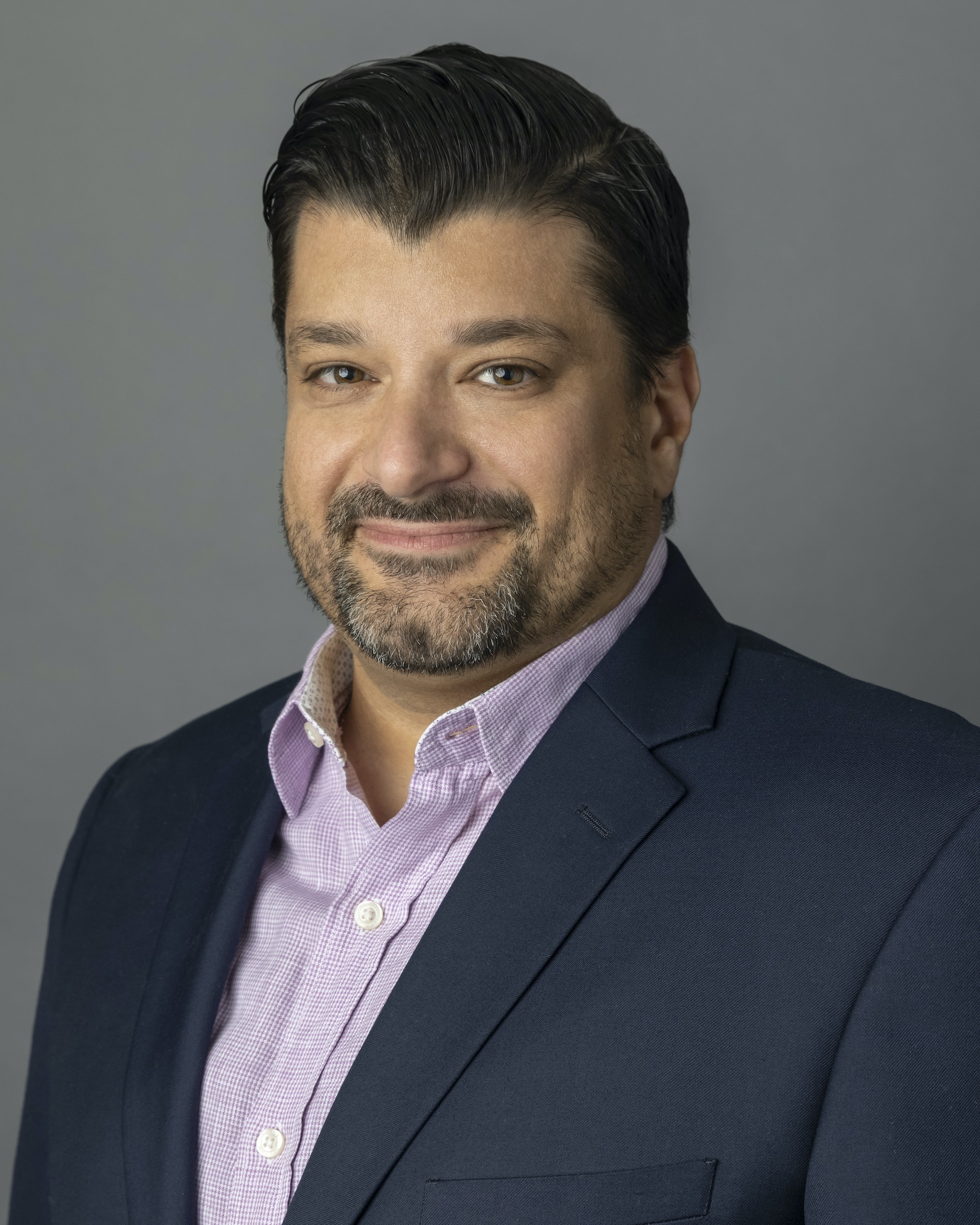Dr. Joseph Galasso, CEO Baker Street Behavioral Health and COR Behavioral Group | Source | CEO/Founder at Baker Street Behavioral Health

Dr. Joseph Galasso, CEO Baker Street Behavioral Health and COR Behavioral Group
Dr. Joseph Galasso holds a Doctoral Degree in Clinical Psychology. His areas of expertise include psychological assessment and treatment, sport psychology, clinical and organizational consultation, and organizational development. Dr. Galasso owns and operates Baker Street Behavioral Health & The COR Behavioral Group. These practices provide integrated behavioral health services for children, teens, adults, and families. Specifically, Dr. Galasso has developed internationally recognized and adopted athletic programs for individuals with intellectual and developmental disabilities. Additionally, Dr. Galasso provides ongoing consultation, training, and coaching services to individuals, families, professional and amateur athletes, teams, corporations, and schools. Dr. Galasso currently serves as the Director of Clinical and Performance Psychology for the NY Liberty, is the Consulting Psychologist for the NJ Devils, Gotham FC, and the NY Red Bulls.
Dr. Galasso received his undergraduate degree in Psychology from Quinnipiac University, in Hamden, CT and a Master’s Degree in Industrial & Organizational Psychology from Fairleigh Dickinson University, in Madison, NJ. Dr. Galasso received his Doctoral Degree in Clinical Psychology (with a special emphasis in Child and Family Psychology) from Alliant International University in San Diego, CA.
-
Feeling stressed? How to take a step back for your mental health
The first step in fixing a problem, of course, is identifying it. Dr. Joe Galasso, a clinical psychologist at Baker Street Behavioral Health in Paramus, says he sees signs that awareness of mental health issues is growing — specifically, that a growing number of teenagers are taking the initiative to ask to be seen by his practice. “It’s unusual,” he says, “because in the past, they were dragged in by their parents.” To determine whether what you’re experiencing is the ongoing condition of anxiety and/or depression, consider whether your recent behavior has changed. “You may have been emotional before and now feel closed off and feeling nothing, or used to enjoy playing tennis on Saturdays and don’t want to go anymore,” says Galasso. “You could be eating all the time or not at all, when you used to do the opposite.” Inability to sleep is also a sign, he says. Another red flag: If you’re experiencing feelings of impending doom or fear that make the heart race and breath short.
Article -
For St. Joseph football, the first goal is tackling mental-health challenges
The St. Joseph football team, as part of its ‘GOLD’ mission (Grow Our Legacy and Development) is taking that concept seriously by enlisting the help of Baker Street Behavioral Health to provide a mental-health outlet for players through various resources.
Article -
How to Prep the Day Before a Marathon So It’s Your Best Race Yet
Running coaches and a sports psychologist share how to prepare the day before a race, including seven key things you should do the day before a marathon. While taking all these steps to prepare for your marathon can help reduce pre-race anxiety, there’s more you can do to calm your mind if needed. If you’re feeling anxious, the first step is to give yourself grace and recognize that what you’re feeling is common, says Joseph Galasso, PsyD, a sports psychologist and the CEO of Baker Street Behavioral Health. Then, he recommends using a visualization practice to picture a successful race.
Article
-
Expert Tips for New Parents Coping with Disasters
Dr. Joe, experienced in disaster mental health, shares insights for new parents facing crises like wildfires or hurricanes. He emphasizes the importance of understanding "the emotional challenges" to ensure family safety during such events. -
Winter Motivation: Psychological Tricks to Get You Moving
Dr. Galasso suggests planning workouts, investing in warm clothing, and meeting friends. He advises warming clothes before leaving and completing tasks like walking the dog. Recognize Seasonal Affective Disorder symptoms and consider therapy. These tricks can help you stay motivated and active during the colder months.
-
Joseph Galasso, PsyD, a clinical and sports psychologist and CEO of Baker Street Behavioral Health, prefers to reframe clearing your mind as “clearing out the noise.” “When you are able to clear the noise, you are able to reduce the interference that may occur between your brain and your body,” he says, which can be particularly beneficial in a performance setting.
-
Being mentally tough isn’t about never making mistakes — it’s about being able to learn and move on from them quickly. “In sports psychology, we often talk about having a ‘next play mentality,’ or making sure that if you face a challenge, you are able to recognize that it’s time limited, and that your next performance is not dictated by the outcome of your previous performance,” says Joseph Galasso, PsyD, a sports psychologist and the CEO of Baker Street Behavioral Health and COR Behavioral Group in Paramus, New Jersey. You need to be able to move on quickly from a loss, so that you go into the next game ready to win. Outside of sports, that looks like acknowledging a mistake quickly — maybe you said something hurtful in an argument with your partner, or you missed a deadline at work — correcting it if necessary, and not letting it shake your confidence the next time you’re in a similar situation.



